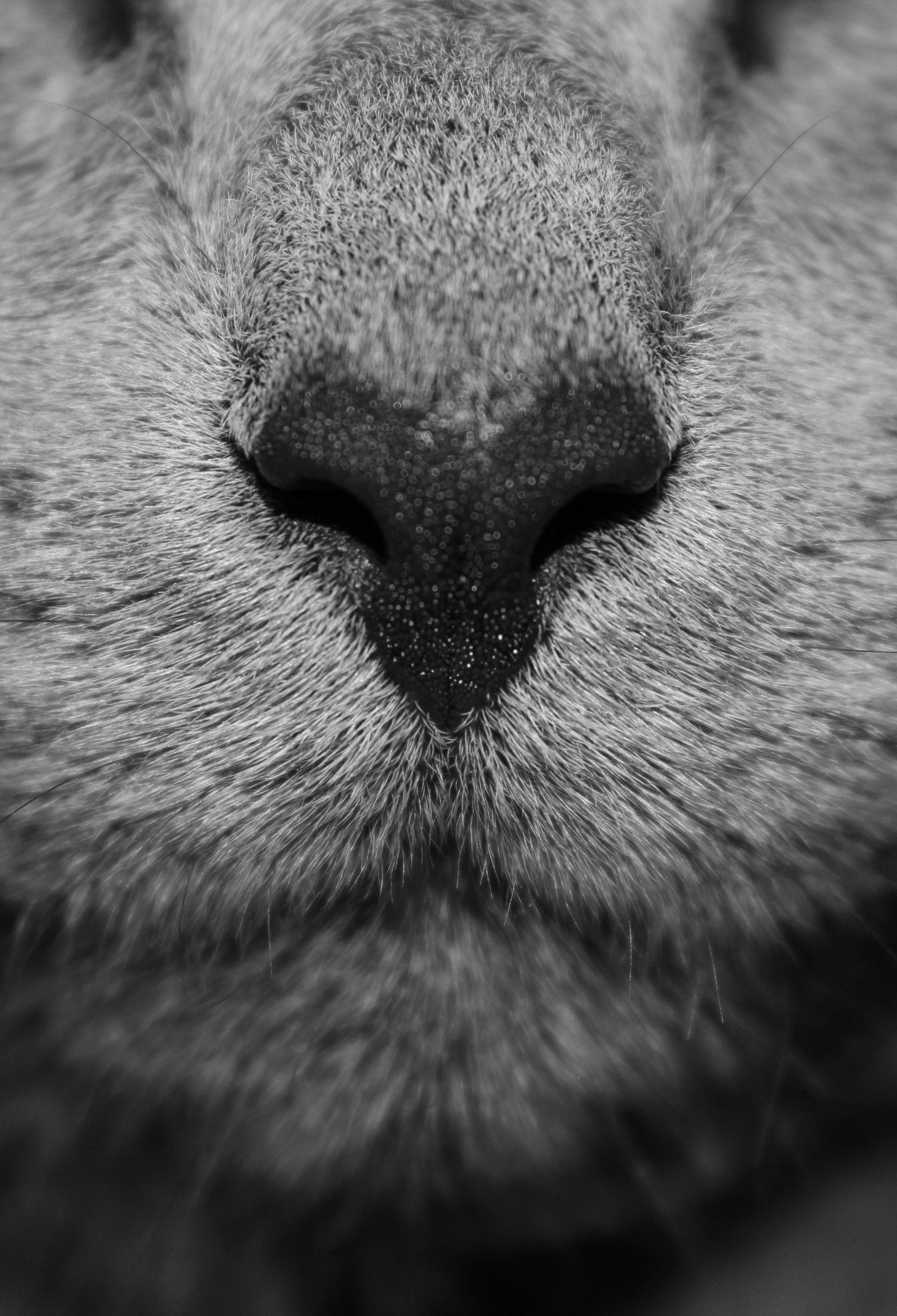- Vol. 03
- Chapter 05

Feline Apathy
Catherine was a funny person. She was from a family of staunch Catholics. They had a dog, a couple of cows and a tractor in the countryside. The house had been full of good memories. Her father would return, hot from his work, mother would bake fresh apple pies, her brothers would run around lugging the hay and the dog ran behind them wagging his tail.
Why was she funny? That was because she left that house, its warmth and ran off to the city with a man who had showed her delusions of grandeur. She wasn’t funny because she took the risk for love. No. She was funny because once he left her, she didn’t go back. Was she funny? Or weak?
No. That couldn’t be, she wasn’t weak. She had a job now. She was a store manager in a cloth store. She wasn’t awfully happy about it but it paid the bills. She definitely wasn’t weak. She had adapted. She was independent. Or maybe a fool.
She had a purse which unlike the purse of any other woman her age, in her prime didn’t have an assortment of cosmetics or perfumes which had long French names. No. it had a letter, some cat food, and a few dollars for food and bus.
Why cat food? Because she had a cat called memory. She had brought the cat home with her one day after he had left. She had found him lonely in an alley. She found herself sympathizing with the feline. She had cleaned him up, taken him to the vet, and then kept him.
Feline Apathy
Whenever she looked at him, she’d remember her home, the one she had left behind. She had written a letter addressed to her father when he had left. She hadn’t found the courage to post it yet. She had done wrong, but the regret wasn’t going to erase her mistakes, or her ego.
Her routine had been pretty much the same. She had her day job in the store. Then she’d get home, eat with the cat, and then sleep. She did the jobs for the sake of it, for money. She hadn’t exactly lost her will to live. She was fierce that way. Time wasn’t going to change her.
***************************
In a farmhouse in the Oregon countryside, an old man sat with his wife looking out at the farm he had grown since he was a boy. His boys had been married and were doing their own thing. Their daughter had left them and they hadn’t heard from her since. All he could remember was the letter she’d left them. He still carried it in his pocket. Suddenly the dog started barking. Something was at the gate, he got up to check. It was a cat. It looked worn. In his mouth, there was a letter. It had bloodstains. Fear clasped his heart as he opened it. In tear-smudged font, that was his daughter’s, it read,
“Thanks for the memories, Daddy.”
